![]()
![]()
![]()
Use LEFT and RIGHT arrow keys to navigate between flashcards;
Use UP and DOWN arrow keys to flip the card;
H to show hint;
A reads text to speech;
13 Cards in this Set
- Front
- Back
|
Ecosystem |
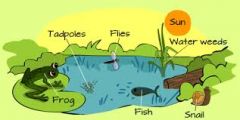
all of the organisms living in an area together with their physical environment. |
|
|
Biotic Factor |
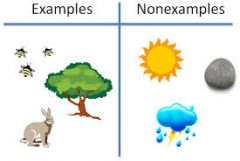
any living component that affects another organism, including animals that consume the organism in question, and the living food that the organism consumes. |
|
|
Abiotic Factor |
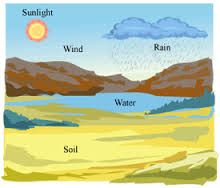
non-living chemical and physical parts of the environment that affect living organisms and the functioning of ecosystems. |
|
|
Organism |
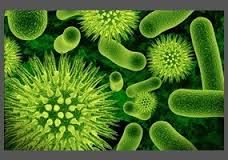
an individual animal, plant, or single-celled life form. |
|
|
Species |
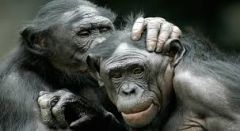
a group of living organisms consisting of similar individuals capable of exchanging genes or interbreeding. |
|
|
Population |
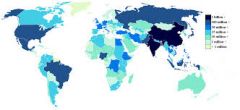
all the inhabitants of a particular town, area, or country. |
|
|
Community |

a group of people living in the same place or having a particular characteristic in common. |
|
|
Habitat |
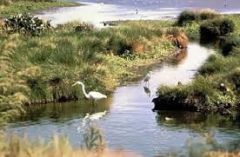
the natural home or environment of an animal, plant, or other organism. |
|
|
Natural Selection |
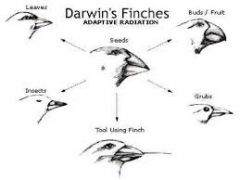
the process whereby organisms better adapted to their environment tend to survive and produce more offspring. The theory of its action was first fully expounded by Charles Darwin and is now believed to be the main process that brings about evolution. |
|
|
Evolution |

the process by which different kinds of living organisms are thought to have developed and diversified from earlier forms during the history of the earth. |
|
|
Adaption |
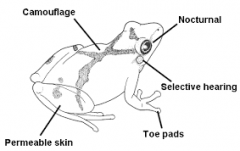
the action or process of adapting or being adapted. |
|
|
Artificial Selection |
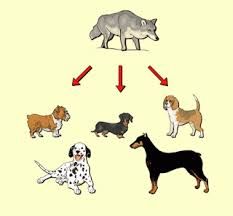
The breeding of plants and animals to produce desirable traits. Organisms with the desired traits, such as size or taste, are artificially mated or cross-pollinated with organisms with similar desired traits. |
|
|
Resistance |
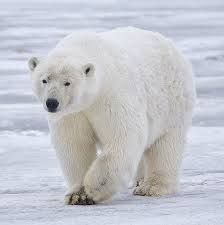
the ability not to be affected by something, especially adversely. |

